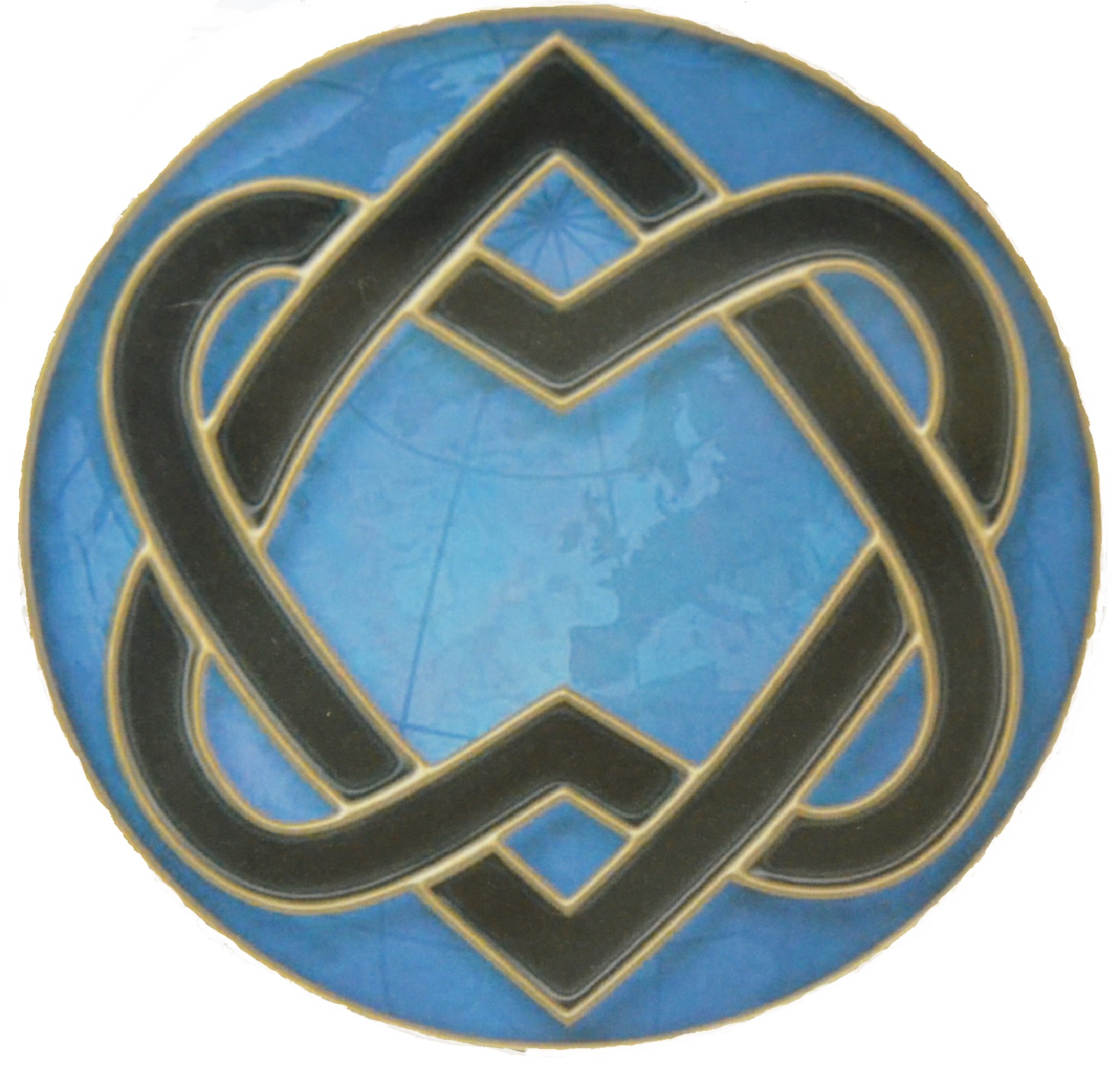Episodes

Friday Apr 30, 2021
Ross Douthat, Biblical Impurity, and Antipathy toward the Temple
Friday Apr 30, 2021
Friday Apr 30, 2021
Is Leviticus's insistence that those with skin afflictions (as well as having buried the dead) not go to Temple an exclusionary punishment for being sick? Or is that our modern reading which presumes that religion is exclusionary and judgmental? In this presentation, I use Ross Douthat's essay "Can the Meritocracy Find God?
The secularization of America probably won’t reverse unless the intelligentsia gets religion" as a way to talk about America's prejudices against religion, and my particular concern that even Jewish leaders like me are too silent in the face of the current hype that all the cool innovation (and funding) is happening outside of our legacy institutions [which actually is an unchallenged claim mainly by people who don't go to synagogue] and that our success as communities should be judged as to how easy we make it for unaffiliated Jews to get their needs met without having to attend the Temple as it exists in our day. Is that respectful of the Temple?

Thursday Apr 22, 2021
Jewish Law on Cremation and Burial, and What We're Facing as the Numbers Rise
Thursday Apr 22, 2021
Thursday Apr 22, 2021
As the percentage of Jews opting for cremation has risen from around 2% to over 20% in twenty years, how do we balance the mitzvah of burial of Jewish remains with the prohibition on cremation?

Monday Mar 22, 2021
The Tabernacle -- and our Lives-- as a Purposeful Composition
Monday Mar 22, 2021
Monday Mar 22, 2021
Inspired by the teachings of the great American ceramicist, Richard DeVore, I examine what the mishkan tells us about the nature of artistic composition, drawing a stark contrast between Golden Calves and Purposeful Composition, in Exodus, and especially in how we live our lives.

Wednesday Mar 10, 2021
Keruvim, Cherubim, Griffins, Sphinxes, and the angel Rafael
Wednesday Mar 10, 2021
Wednesday Mar 10, 2021
What were the Keruvim, the two hybrid beast angels 10 cubits high protecting the Ark of the Covenant, and from between whom God speaks? I rehearse all the theories, and end with a Maimonidean vision of what the angel as an extension of God's presence really is.

Thursday Mar 04, 2021
The Building of the Tabernacle through the Lens of the Black Church
Thursday Mar 04, 2021
Thursday Mar 04, 2021
Given that some of the most influential narratives and Torah legislation are but a few verses long, why is so much of the book of Exodus chapters and chapters of detailed, repetitive descriptions of the instructions and building of the Tabernacle (Mishkan), the priestly uniforms, the utensils, the hundreds of curtain rods and hooks? I answer this question through my reflecting on the observations of Henry Louis Gates in his PBS Series (during Black History month) on the history of the Black Church in America.

Monday Mar 01, 2021
Making Sense of the Most Disturbing Statement in the Bible
Monday Mar 01, 2021
Monday Mar 01, 2021
No statement by God seems more morally challenging than the prophet Samuel's demand for the complete annhilation of the Amalekites and their animals, followed by his condemnation of Saul for failing to kill King Agag and the choicest of the animals. The Amalekites are equated with the nature of evil itself, and so the resurgence of evil and especially genocidal anti-Semitism throughout the rest of time is somehow linked to the failure to "complete the job" of vanquishing them earlier on. In this very brief teaching, I try to learn a lesson we might otherwise resist from this troublesome piece of Tanakh: the tendency to fail to complete the job, often through unacknowledged selfish interest that hides beneath the seemingly noble action of "moving on."

Wednesday Feb 17, 2021
"God, Let me receive good counsel!" The 5 minute practice that will change your life
Wednesday Feb 17, 2021
Wednesday Feb 17, 2021
In this 5 minute teaching, I read a poem by Zbigniew Herbert and then share a seriously short spiritual practice that involves receiving the deepest of advice. In that, I connect the prayer Hashkiveinu to the Mourners Kaddish to my own experience of practicing it.

Tuesday Feb 02, 2021
Jonah versus Moshe: When Do We Hold the King Accountable and When Do We Move On?
Tuesday Feb 02, 2021
Tuesday Feb 02, 2021
As America faces what to do and think about impeachment, I reflect on the dramatic difference between the book of Jonah and account of the final plagues in Exodus where God hardens Pharoah's heart. In the former, God is so anxious to accept an apology, move on, and look to the future that Jonah wants to refuse God's service, and in the other God prevents the moving on that Moshe is so anxious to get to.

Sunday Jan 24, 2021
Sunday Jan 24, 2021
Parashah Bo repeatedly connects the memory of slavery to the establishment of Jewish rituals for all time, from the main features of the Passover seder to the First Fruit offerings in the Temple to ones we forget to associate with the memory of slavery like tefillin. (Later, even Shabbat will be firmly connected to the memory of slavery.) We in America have done the opposite by divorcing our institutions from the memory of slavery: case in point, the Filibuster which was not a patriotic institution of the founding fathers but rather an attempt to preserve slavery by Southern senators, and then to preserve Jim Crow laws. So should we destroy our American institutions because of these connections? Are we to be anarchists? No, the Torah tells us to connect the memory of slavery to taking action in this world to make God's dream for us come true. That's our imperative. Reconnect our institutions to their roots so we can be open to what it is God is dreaming for us, what God is dreaming for America.

Monday Jan 18, 2021
Monday Jan 18, 2021
I examine the sin of Geneivat Daat -- theft of another's consciousness through words that might be parse-able but lead another to think something is true which isn't-- as the prevalent sin in a world of fragmented media tailored to incite us, and I relate this to former Jewish Theological Seminar chancellor Arnold Eisen's insight that we readers cheer Moshe on in his riotous act in the name of justsice, only to wonder how we found ourselves in that dubious moral place.

